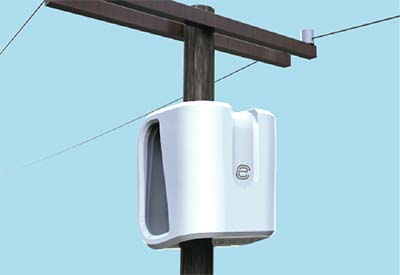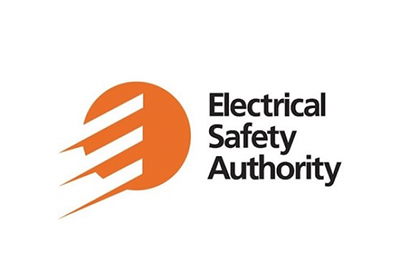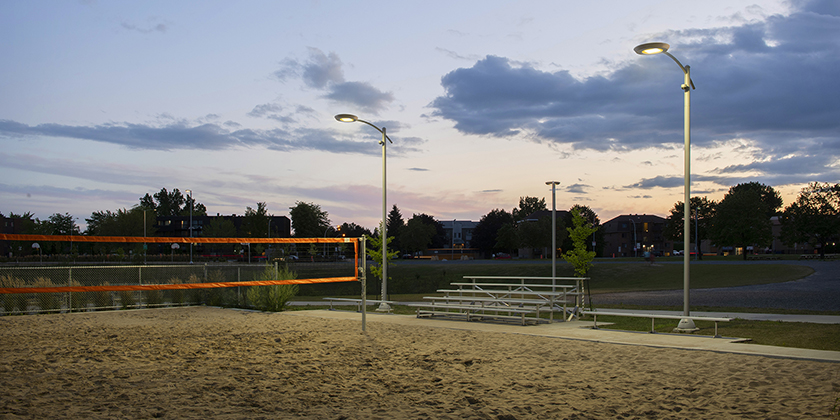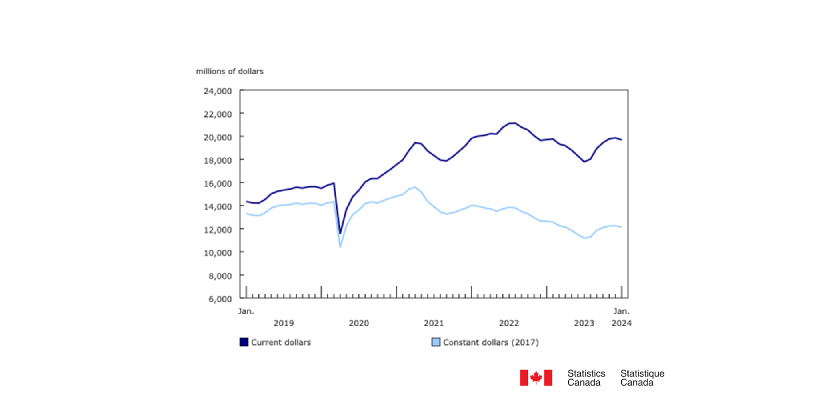Ryerson University, eCamion, Toronto Hydro and Ontario Government Pilot Pole-Top Energy Storage

The world’s first pole-top energy storage project,unveiled last week at Ryerson University’s Centre for Urban Energy (CUE), aims to improve system reliability, further integrate renewables, and enable adoption of electric vehicles. eCamion’s modular storage solution, mounted on an electricity pole in an urban environment where space is at a premium, has been combined with a smart controller developed by Ryerson researchers and students that communicates with downstream smart meters of connected residences. The energy storage unit employs lithium-ion batteries that charge during off-peak hours and discharge during peak hours.
The project is the culmination of a three-year collaboration between Ryerson, eCamion and Toronto Hydro. The province is supporting the project through the Ministry of Energy’s Smart Grid Fund initiative.
“Companies like eCamion and educational institutions like Ryerson are important partners in fostering a culture of innovation in our province and helping us become a key centre of low-carbon excellence,” says Glen Murray, Ontario Minister of the Environment and Climate Change. “And this project is a great example of the kinds of partnerships we need to reduce greenhouse gas emissions in our province and fight climate change.”
“Researchers at the Centre for Urban Energy are making huge strides in the area of energy storage. Thanks to cooperation and hard work between Ryerson, industry, utilities and the Ontario government, this innovative solution will be brought to market much sooner,” says Mohamed Lachemi, Provost and Vice President Academic, Ryerson University.
The project will demonstrate the promise of energy storage on the Toronto Hydro grid. Potential benefits to Ontario residents and businesses could include improved system reliability, further integration of renewable energy sources and electric vehicle charging stations, as well as reduced usage during peak hours, leading to a cleaner and more cost-effective grid.
The project showcases “made in Ontario” technologies. eCamion is based in Scarborough. The controller and other prototypes that have contributed to this project were all developed in the GTA and will be pursued for worldwide collaboration.










![Guide to the Canadian Electrical Code, Part 1[i], 26th Edition – A Road Map: Section 10 – Grounding and Bonding](https://electricalindustry.ca/wp-content/uploads/2022/11/Guide-CE-Code-2.png)





